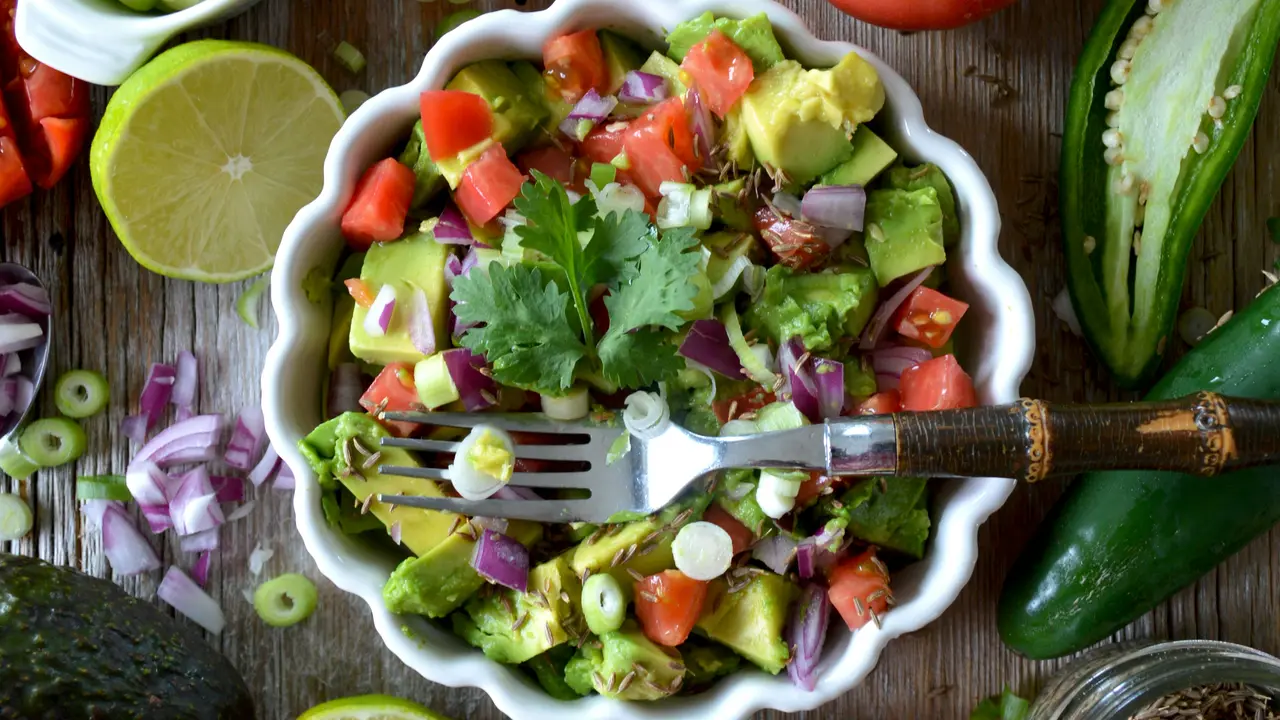Many people wonder, “do vegetables make you fat?” This question arises as we strive for healthier lifestyles while managing our weight. In this article, we will uncover the truth about vegetables and their impact on weight gain, debunk common myths, and explore the nutritional benefits of incorporating vegetables into your diet. Join us as we navigate this important topic!
Understanding the Nutritional Value of Vegetables: Do They Make You Fat?
Rich in Nutrients and Low in Calories
One of the most significant benefits of vegetables is their nutrient density. They are packed with essential vitamins, minerals, and antioxidants while remaining low in calories. This means that, unlike many high-calorie foods, vegetables provide the nourishment your body needs without contributing to weight gain. Here are some key points about the caloric content of vegetables:
- Most vegetables contain less than 50 calories per serving.
- They are high in fiber, which helps keep you full and reduces overall calorie intake.
- Vegetables come in various forms (fresh, frozen, or canned), making them versatile and easily accessible.
The Role of Fiber in Weight Management
When discussing whether vegetables make you fat, one cannot overlook the role of fiber. High-fiber vegetables promote satiety, helping you feel full longer. This can prevent overeating and aid in maintaining a healthy weight. Fiber also supports digestion, which contributes to overall wellness. Some high-fiber vegetables include:
- Broccoli
- Brussels sprouts
- Carrots
- Spinach
Myths About Vegetables and Weight Gain
Can Starchy Vegetables Lead to Weight Gain?
Starchy vegetables, such as potatoes and corn, are often considered unhealthy when discussing weight management. However, the truth is that starchy vegetables can be part of a balanced diet without causing weight gain. The key is moderation and how they are prepared. Here’s what to keep in mind:
- Starchy vegetables provide energy and should be consumed in controlled portions.
- Opt for healthy cooking methods like steaming or baking rather than frying.
The Impact of Sauces and Dressings
While vegetables themselves are low in calories, the sauces and dressings paired with them can significantly alter their nutritional value. Many people unknowingly add high-calorie dressings, which can lead to a higher caloric intake. When preparing vegetables, consider:
- Using vinaigrettes instead of creamy dressings.
- Flavoring vegetables with herbs and spices rather than high-calorie toppings.
Healthy Ways to Incorporate Vegetables into Your Diet
Creative Cooking Techniques
Finding ways to enjoy vegetables can make a substantial difference in your diet. Here are some creative ways to prepare and consume more vegetables:
- Roasting vegetables to enhance their natural sweetness.
- Creating smoothies that incorporate leafy greens for a nutrient boost.
- Adding vegetables to soups, stews, and casseroles to increase volume and nutrients.
Meal Planning with Vegetables
Meal planning is an effective strategy to ensure you include ample vegetables in your diet. Consider these tips:
- Plan meals around a variety of vegetables for balanced nutrition.
- Pre-cut and prepare vegetables to make them more convenient to include in meals and snacks.
- Experiment with new recipes that highlight vegetables as the star ingredient.
Conclusion: Embracing Vegetables for a Healthy Lifestyle
In summary, the answer to the question “do vegetables make you fat?” is a resounding no, when consumed in reasonable portions and prepared healthily. Vegetables are essential for a balanced diet, supporting weight management and overall health. As you embark on your healthy eating journey, remember to incorporate a variety of vegetables and explore new ways to enjoy them. Don’t hesitate to share this article with friends or check out our other posts for more tips on healthy living!
Fat – Recent Articles
- Can Fat People Get Anemia? Uncover the Surprising Truth!
- How to Make Animal Fat Soap: A Simple Guide for Beginners
- Why Did Brendan Fraser Get So Fat? The Untold Truth Revealed!
- Can You Lose Fat While Sleeping Naked? Discover the Truth!
- Does Fat Tuesday Have Non-Alcoholic Drinks? Discover the Best!
Fat – Useful Links
- Harvard T.H. Chan – Types of Fat
- Harvard Health – The truth about fats: the good, the bad, and the in-between
- MedlinePlus – Dietary Fats
- NHLBI / NIH – Healthier Fats and Oils Fact Sheet
- HelpGuide – Choosing Healthy Fats
